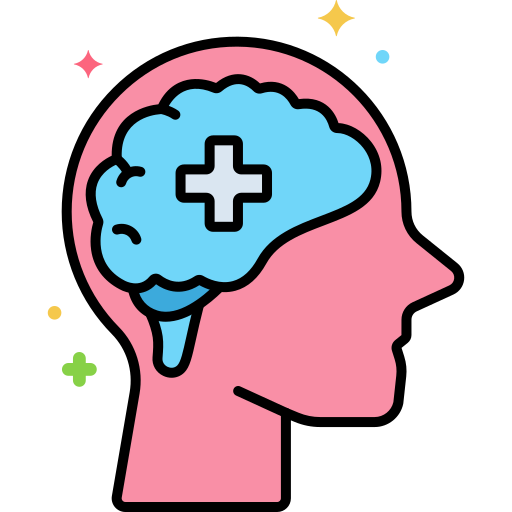Honestly, none of the points on the “Male Depression Risk Scale” listed in the article match my experience. It’s always been closer to hopelessness for me I think. Hopelessness and a growing desperation for a way out.
They mention that the men- specific scale very much still misses a lot of people, but it does close the gap.
Oh yeah, not gonna begrudge better coverage. Just voicing my experience really, which still seems reasonably common for men given that the old “sad or hopeless” scale still caught a decent number of men.
men who were depressed often didn’t present with classic symptoms, such as sadness, but instead presented as hostile, impulsive and aggressive.
So true.
It was a rather discordant experience reading this article after reading OP’s other post on LGBTQ+ people and depression. (No shade on OP; both articles provide useful insights, and are worth a read. Thank you!)
The representations of “boys” and “girls” in this article are configured as strongly gender-conforming, cis and hetero in terms of their “typical” responses. That’s not a bad thing, but it is very limited.
People who are non-binary, transgender, or even gay/lesbian with some gender non-conforming personality components are likely to present with differing constellations of presenting symptoms, and thus to be overlooked.
I’m glad this was posted here. It’s really encouraging to me that the younger men in my life seem pretty self-aware and willing to talk about mental health. While my young son (18) didn’t reach out to me to ask about an increase in his usually mild depression/anxiety and whether he should start medication, his brothers did. He was back to normal pretty quickly. Men and boys need to advocate for each other wherever they can.
what a gender?




